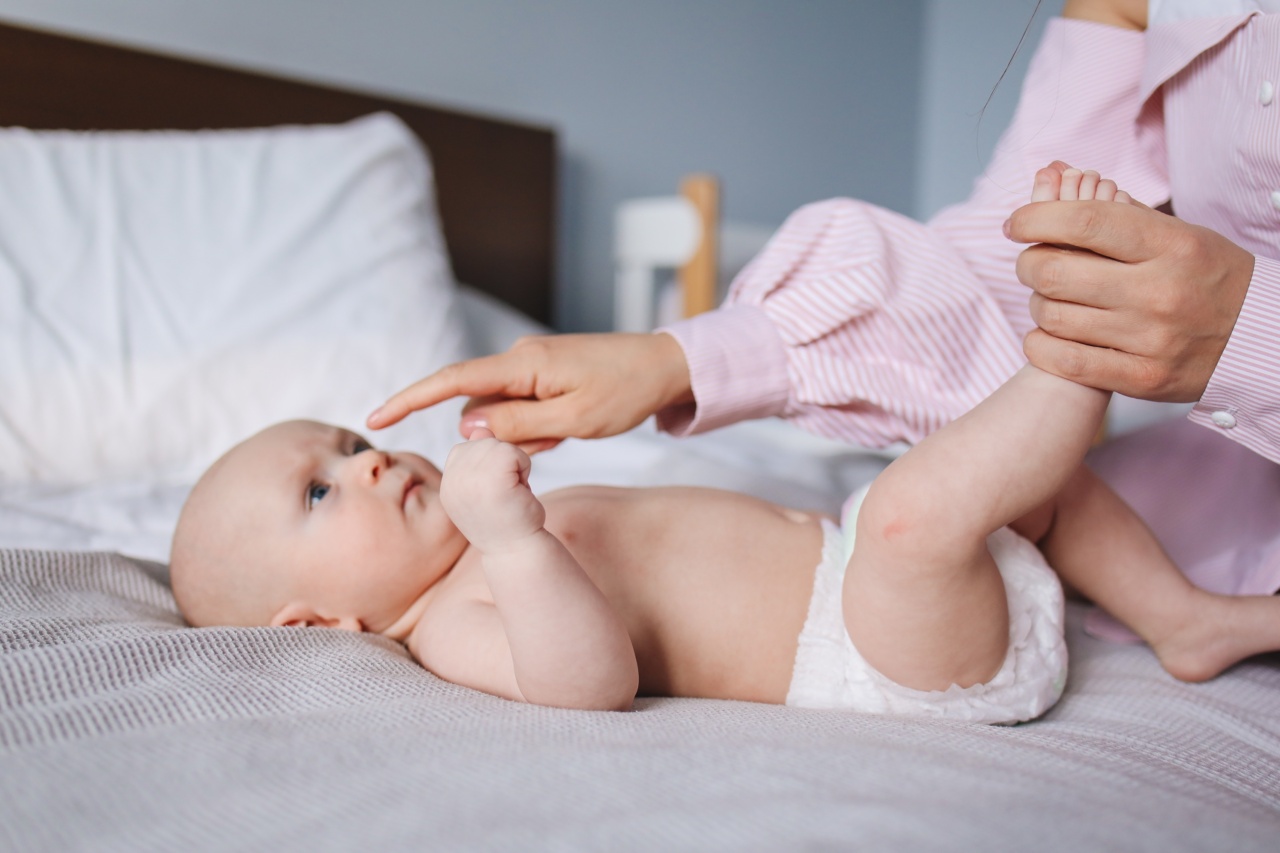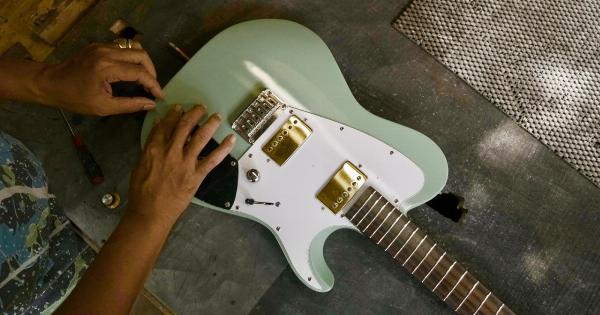Every parent eagerly waits for the day their child is ready to say goodbye to diapers. It’s a milestone that signals their little one is growing up and becoming more independent.
However, knowing when your child is truly ready to ditch the diapers can be a bit tricky. Fortunately, there are several signs that can help you determine if your child is ready to take this leap and start potty training. In this article, we will explore ten signs that indicate your child is ready to fly the diaper nest.
1. Increased Awareness of their Diaper
If your child starts showing interest in their diapers, it can be a clear indication that they are ready to start potty training. They might pull on their diaper, try to remove it, or even notify you when their diaper is wet or dirty.
This newfound awareness demonstrates their readiness to take on the next step.
2. Longer Periods of Dryness
When your child can keep their diaper dry for longer periods, it shows that their bladder control is improving.
If you notice that their diaper remains dry for two hours or more, it’s a positive sign that they are gaining control over their bodily functions and could be ready for potty training.
3. Ability to Follow Simple Instructions
Potty training requires a level of understanding and ability to follow instructions.
If your child can follow basic instructions like “put this toy away” or “come here,” it demonstrates their cognitive development and readiness for more complex tasks, such as using the potty.
4. Expressing a Desire for Independence
Toddlers often start asserting their independence during this stage of their development.
If your child insists on doing things on their own, such as dressing themselves or feeding, it indicates that they may be ready to take charge of their bathroom habits and say goodbye to diapers.
5. Awareness of Bodily Functions
Does your child show any signs of recognizing when they need to go to the bathroom? Do they grunt or squat when they need to have a bowel movement? These are excellent indicators that your child is aware of their bodily functions and may be ready to transition to using the potty.
6. Longer Stretches of Sleeping without Wetting the Bed
An important sign of readiness for potty training is the ability to stay dry through the night.
If your child consistently wakes up with a dry diaper or can stay dry for longer periods during naptime, it indicates that their bladder muscles are developing and they are becoming capable of controlling their urges.
7. Curiosity about the Toilet
Does your child show an interest in the toilet when you go to the bathroom? Are they curious about how it works and what you do there? If they start asking questions or wanting to sit on the toilet, it is a significant sign that they are ready to start potty training.
8. Increased Coordination and Motor Skills
Potty training requires physical coordination to pull down pants, sit on the potty, and wipe afterward.
If your child is showing improvements in their motor skills and can perform tasks that require coordination, such as climbing stairs or throwing a ball, they may also be ready to start potty training.
9. Discomfort with a Soiled Diaper
As your child grows, they may become more uncomfortable with a wet or soiled diaper. They might start showing signs of displeasure or asking for a diaper change immediately after they wet themselves.
This discomfort indicates that they are aware of the discomfort and may be ready to transition to using the potty.
10. Ability to Stay Dry during Activities
Does your child exhibit the ability to stay dry during certain activities? For example, can they go to the playground and return without wetting their diaper? If your child can keep their diaper dry during specific events or outings, it shows that they have sufficient control over their bladder and may be prepared for potty training.
Conclusion
Every child is unique, and the readiness for potty training may vary from one child to another. It’s important to look for these signs and trust your instincts as a parent.
If your child is exhibiting several of these signs, it’s a strong indication that they may be ready to fly the diaper nest and embark on their potty training journey. Remember, patience, encouragement, and a positive attitude are key when introducing your child to this new phase of independence.




























